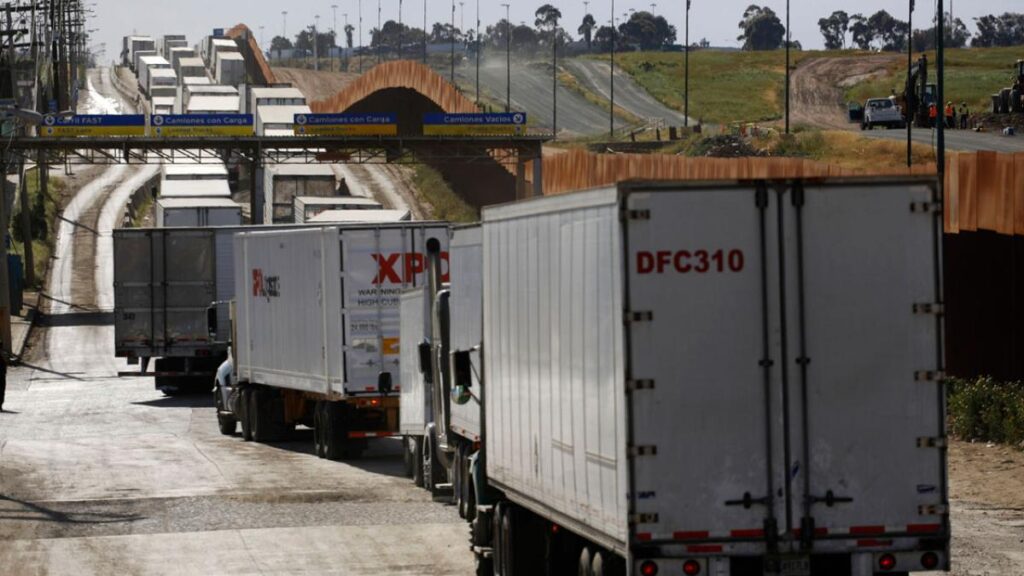Background on the Issue
In recent developments, Mexico has refuted claims by the United States government regarding non-tariff barriers. Luis Rosendo Gutiérrez, Mexico’s Subsecretary of Industry and Commerce under the Secretariat of Economía, clarified that Mexico does not employ non-tariff barriers as part of its trade policy.
Mexico’s Stance
According to Gutiérrez, Mexico is one of the most advanced countries in trade practices globally. With over 50 trade agreements, Mexico does not incorporate non-tariff barriers into its strategy. He emphasized this point to El Economista.
US Concerns and Mexico’s Response
Following a phone call between Mexican President Claudia Sheinbaum and US President Donald Trump, the latter stated that Mexico had agreed to eliminate numerous non-tariff barriers immediately. However, Gutiérrez countered this assertion by explaining that the concerns raised by Washington pertain to administrative and legal criteria differences, rather than non-tariff barriers.
Specific Areas of Concern
- Intellectual Property: Mexican legislation differs from US law, as it only recognizes plagiarism once financial gain has been achieved. Gutiérrez acknowledged that Mexico would work towards harmonizing these criteria.
- Pharmaceutical Regulations: The Mexican regulatory body, Cofepris, had a significant backlog in medication approvals. Gutiérrez clarified that this was not intended to hinder US laboratories, but rather a priority for regularization. Weekly progress is being made to address this backlog.
- Energy Sector: Mexico’s new legal framework for the energy sector does not impose investment limits on foreign entities but establishes a rule requiring at least 54% of electricity injections to be managed by the state-owned company, CFE. This clarification resolved US concerns.
Mexico’s Proactive Measures
Gutiérrez highlighted that Mexico is actively addressing its US counterpart’s concerns. Additionally, Mexico has voiced its differences with the United States, such as in the automotive sector’s rules of origin panel, which Mexico and Canada won, but the US has yet to fully respect.
Dumping Practices and Mexican Rejection
Gutiérrez disclosed that the US has suggested Mexico should replicate its penalties for dumping practices towards third countries. However, Mexico has declined these suggestions, insisting on conducting its own investigations.
Key Questions and Answers
- Q: What are non-tariff barriers? Non-tariff barriers are policies or regulations, other than traditional tariffs, that can restrict international trade. Examples include technical regulations, standards, and sanitary or phytosanitary measures.
- Q: Why is Mexico addressing US concerns? Mexico aims to maintain a strong trade relationship with the United States and ensure that any perceived barriers are resolved through open dialogue and cooperation.
- Q: How is Mexico working to address these concerns? Mexico is focusing on administrative efficiency, legal harmonization, and clarifying information in areas such as intellectual property, pharmaceutical regulations, and the energy sector.
- Q: What is dumping? Dumping refers to the practice of exporting goods at a price lower than in the domestic market, potentially causing injury to the domestic industry of the importing country.






